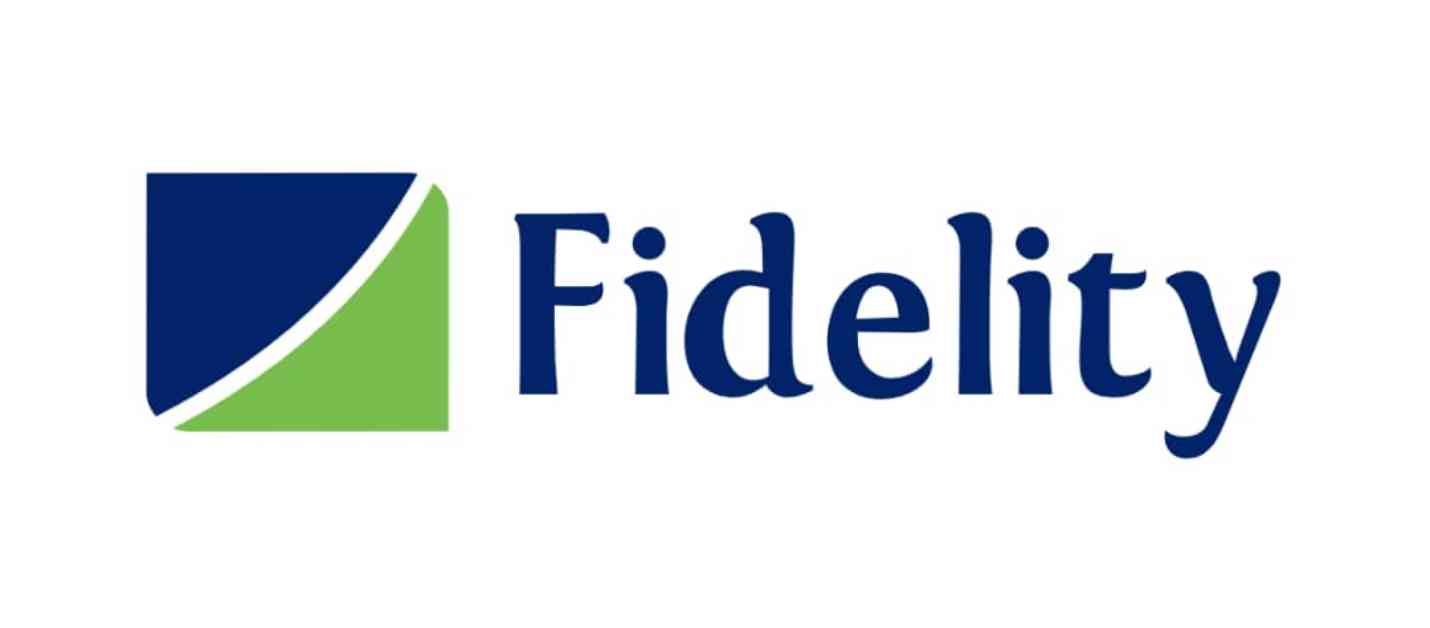Fidelity Bank Plc: The Big Shot That Can’t Fail
In the midst of all the legal drama surrounding Fidelity Bank and the Supreme Court ruling, many are questioning whether this financial giant can weather the storm. Despite a court order silencing the media on the matter, we can’t help but wonder why Fidelity Bank is considered too big to fail by so many online platforms. Let’s dive into the details and see what makes this bank such a powerhouse in the Nigerian financial sector.
Financial Muscle and Market Dominance
Fidelity Bank Plc has been flexing its financial muscles, solidifying its status as a top player in Nigeria’s banking industry. Recent reports show that the bank has re-entered the N1 trillion market capitalization club and witnessed a whopping 167.8% increase in profit before tax, reaching N105.8 billion in Q1 2025. Gross earnings have shot up by 64.2% to N315.4 billion, with total deposits hitting N6.6 trillion. These numbers speak volumes about the bank’s ability to attract and retain capital, ensuring its liquidity and operational efficiency.
Investor Trust and Regulatory Adherence
Investors have shown unwavering trust in Fidelity Bank, with a 237% oversubscription in its recent capital raise venture. Analysts are bullish on the bank’s growth prospects, projecting gross earnings to hit N1.5 trillion and profit before tax to reach N415.4 billion in 2025. The bank’s successful meeting of the N500 billion capitalization target set by the Central Bank of Nigeria (CBN) underscores its financial strength and commitment to regulatory compliance.
SME Support and Economic Impact
Fidelity Bank’s dedication to supporting Small and Medium Enterprises (SMEs) is a key driver of its importance in the economy. By offering tailored financial solutions and resources through initiatives like the SME Hub, the bank contributes significantly to job creation and economic development. This focus on empowering SMEs further solidifies Fidelity Bank’s role in the financial ecosystem and sets it apart as a champion of small businesses.
Risk Management and Global Expansion
The bank’s strategic approach to risk management and regulatory compliance has set it apart in the industry. By maintaining capital adequacy ratios above the required thresholds – liquidity ratio at 54.7% and capital adequacy ratio (CAR) at 20.3% – Fidelity Bank not only secures its own stability but also bolsters the overall health of the banking sector. Moreover, the acquisition of Union Bank UK in 2023 signals the bank’s ambition for international expansion, strengthening its global presence and enhancing its ability to serve a diverse clientele.
In conclusion, Fidelity Bank’s resilience, financial prowess, and commitment to growth make it a formidable player in the Nigerian banking landscape. Despite the legal challenges it faces, the bank’s solid performance and strategic vision position it as a key player that is indeed too big to fail.




















